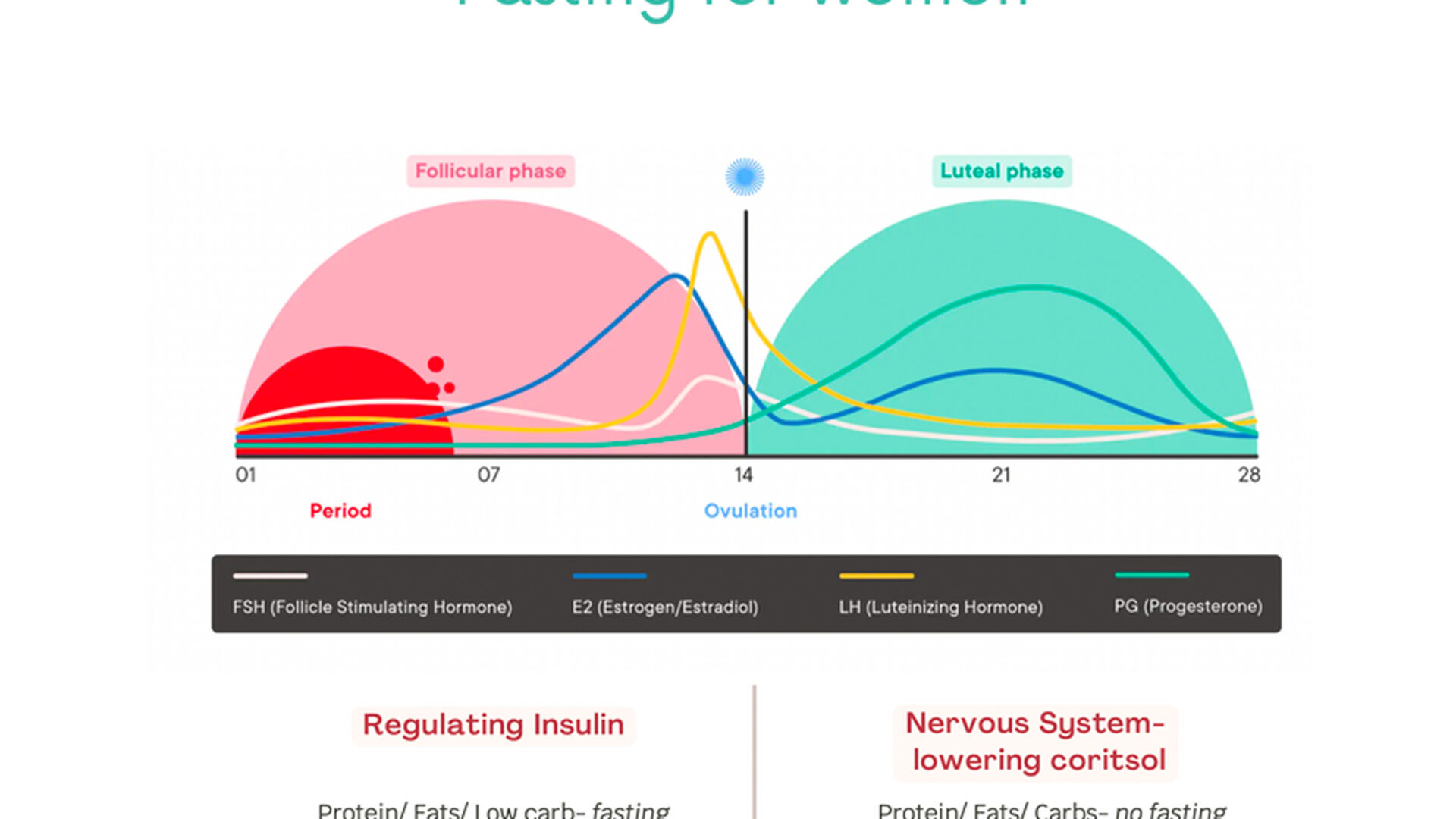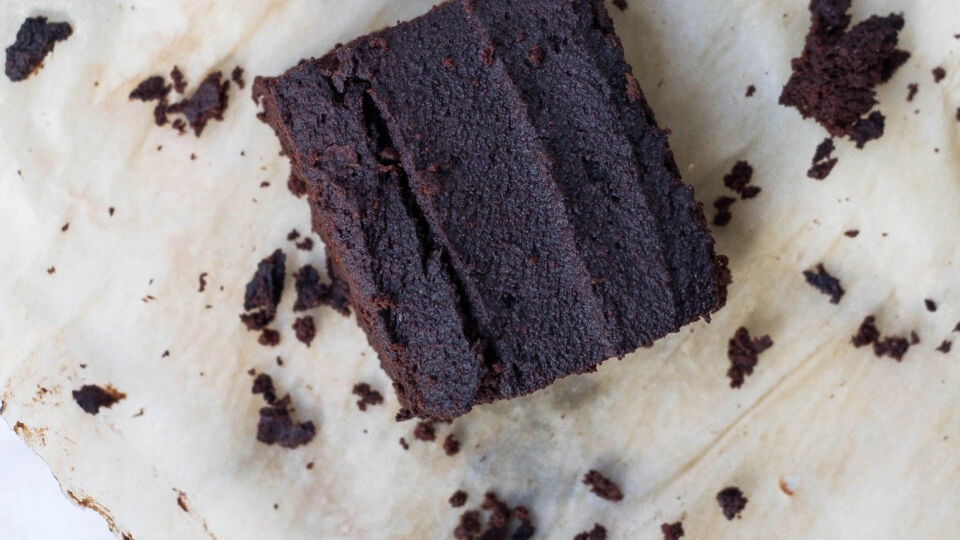If you are a women, you need to read this.

We recently did an Open Office Webinar (sign up here if you’d like to join for Free each week) where we spoke about Female Hormones. It’s a big topic, but one we believe needs to happen. We have so many women who come to us as clients with no idea what’s happening to them and what they can do about it.
Below is a summary of the slide that got everyone talking…
We use Clue to track our cycle. (image adapted from Clue)
Did you know that most medical and a lot of lifestyle research is done around men, who have a simpler hormonal system. Especially the research around fasting and high intensity workouts week after week just don’t work and in fact could be making all your symptoms worse! We see so many clients taking on so much– work and family stress, high intensity workouts, fasting and despite doing it all- they just can’t shift weight, feel more anxious then ever and cant remember when last they had a good nights sleep…
So let’s dive into this graph in more detail…
The back story:
From 40 to about 55, women’s ovaries, responsible for making estrogen, progesterone and testosterone start to prepare to retire, during this time they start to pass the role from your ovaries to your adrenal glands. Our adrenal glands are where we manage cortisol our stress hormone- and with this increased load- you can see how all of a sudden we start to feel stressed and unable to cope with anxiety.
So what can we do to start to learn to support our hormonal cycle better?
Start of your period:
From the first day of your period, your body makes estrogen, towards day 10, as your near ovulation the more estrogen your body needs. In order to make a good amount of estrogen you need to ensure you keep your sugar and carb load low- so your insulin levels stay in check. This is why fasting is a great tool for this part of your cycle. Your body does well with strength training and higher intensity workouts here- our ability to cope with ‘stress’ is better during this phase.
Day 11-15:
When you start ovulating, which usually happens around day 11-15, this is when you usually (if your hormones are working as they should) feel great- Estrogen, progesterone and testosterone are all coming in to do their job- You want to start to ease off fasting during this time to start supporting your body, for the next two weeks. This is where gut health really matters, it’s not as simple as just making the hormones we need to be able to use them aswell. So if you do experience any gut related symptoms (skin conditions, bloating, infrequent bowel movements) it is a great idea to get these in check.
Day 19 onwards:
After ovulation, usually round day 19 your body will start to produce progesterone, here is where you really want to wind down any stress on the body and reduce high intensity workouts, stop fasting or eating low carb. Your should not go longer than 12 hours without eating. This is the time to reflect, relax, meditate – really calm your nervous system down. Once your period starts again, you begin the same cycle as above.
The above helps support and optimise your hormonal system from a food and activity level, but in addition to this it is extremely important to:
- Optimise your diet
- Repair your microbiome
- Remove toxins
- Learn tools to cope with anxiety and stress
This goes for women who are experiencing PCOS, struggling with fertility or are entering peri-menopause.
Sign up here to join us each week for our Open Office hours.
Better Health Starts Here
Ready to take your health to the next level or learn more about the 3-month intensive ?
Book a free 10-min enquiry call with our care team to learn
Or Book your First Consultation with our Functional Nutritionist to get started on your health optimisation plan today. *First Consultation fees will be waived off if you sign up for our 6-month programme.

